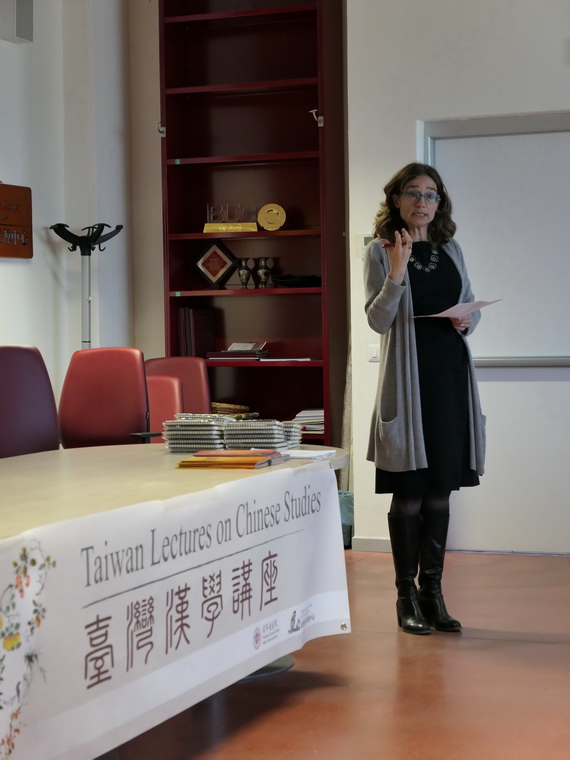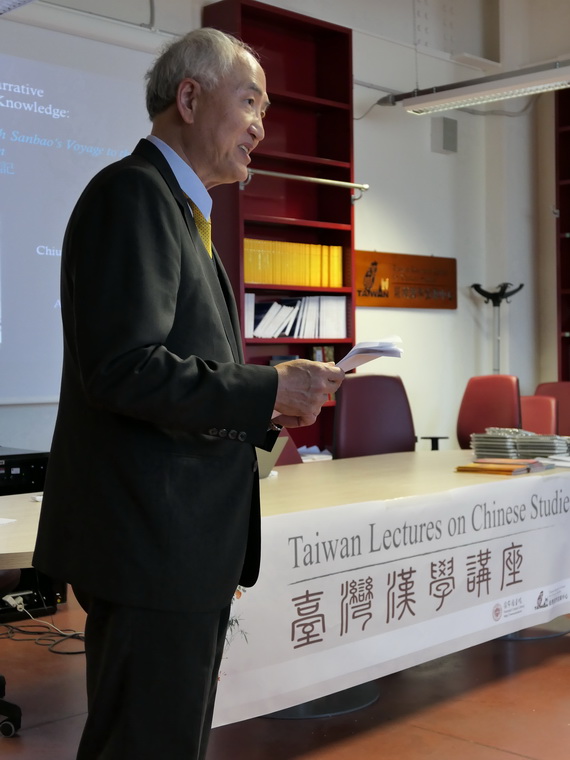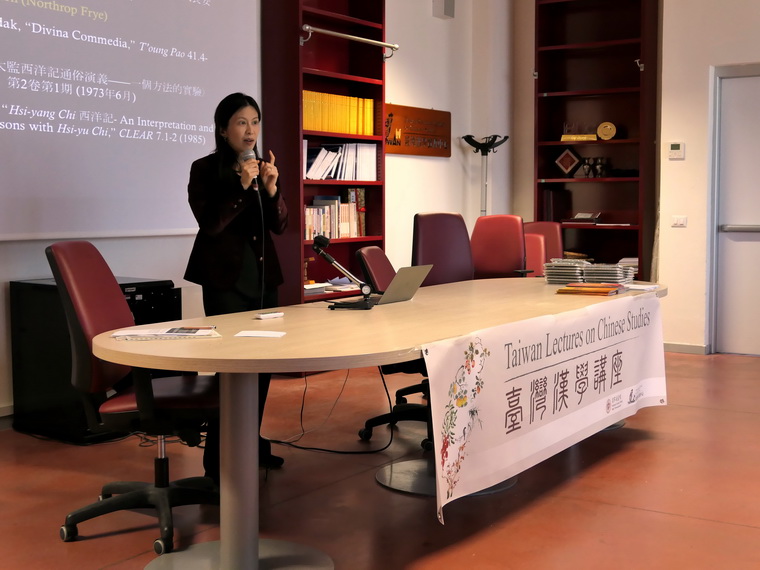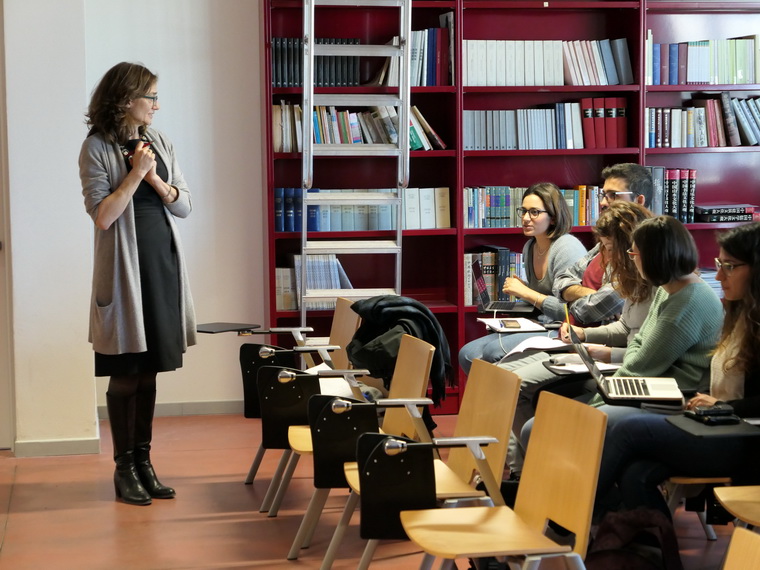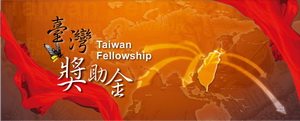On May 9, 2019, Sapienza University of Rome (also simply referred to as Sapienza or Rome’s first university) in cooperation with the Center for Chinese Studies at the National Central Library hosted the second session of “Taiwan Lectures on Chinese Studies.” Chiung-yun Liu, associate research fellow at the Institute of Chinese Literature and Philosophy, Academia Sinica, was invited to present “When Fantastic Narrative Encounters Empirical Knowledge——Imagining the World in The Record of Eunuch San-Bao’s Voyage to the Western Ocean.”
Discussing the novel The Record of Eunuch San-Bao’s Voyage to the Western Ocean三寶太監下西洋記通俗演義, Professor Chiung-yun Liu divided the topic into three parts of analysis in order to elucidate how the author, within the spatial and temporal contexts of the Ming-Qing period, chose and restructured source materials. In this manner and through the strategies of imaginative creation, the author blended both fantastic narratives and factual accounts to produce a “world” which could only exist within the text itself.
First, Professor Liu placed emphasis on “world-making” and examined the nature and origins of the geographic knowledge found within the novel to analyze how the author employed strategies to transform firsthand geographical accounts. In part two, the seemingly different topics of “monk[s] from abroad” 胡僧, “Muslims” 回回, “maps,” and “rhinoceroses,” all of which could be found in other historical accounts, were discussed to illustrate how the author utilized historical narratives to pen a story rich in both exotic and supernatural elements. Additionally, Liu focused on two stories concerning these “maps” and “rhinoceroses” to both demonstrate how epistemological disjunctions are produced as the old—ancient records—encounters the new—firsthand accounts, as well as showing how the author created methods to resolve these disjunctions. Third and finally, while discussing the “end of the Western Ocean,” Liu analyzes how the author by interacting with various maritime voyagers of other countries was able to produce the different possibilities of the relations between imagined states and the world outside of China. In short, the above analyses reveal the significant shifts in popular conceptions and feelings regarding the world—such as Fengdu 酆都鬼國 being the “end of the Western Ocean”—in the late sixteenth-century Jiangnan area.
Sapienza University of Rome not only maintains an outstanding reputation in Italy, but is one of the oldest and most prominent universities throughout all of Europe. The Italian Institute of Oriental Studies at Sapienza is a leading contributor in the field of Asian studies, including Chinese studies, Indian and other regional Asian languages, cultural studies, as well as others. Since 1990, the Central National Library and Sapienza have fostered a close relationship. In total, forty-six researchers from Italy have been awarded scholarships by the Ministry of Foreign Affairs or the Center for Chinese Studies to conduct research on China or Taiwan, eight of which have been from Sapienza University of Rome. This session of “Taiwan Lectures on Chinese Studies” was the first activity regarding academic exchange held by the university since agreeing to work in cooperation with the Taiwan Research Center on Chinese Studies in 2018. The lecture was hosted by Professor Alessandra Brezzi, department head of the Department of Oriental Studies, and Officer Huang Rong Guo of the Representative Office of Taiwan in Italy was present to welcome Professor Chiung-yun Liu as well as expressing his desire for all involved parties to continue collaborating well into the future. After the lecture concluded, Professor Brezzi, Doctor Timon Gatta, and others from the audience engaged in thought-provoking discussions with Professor Chiung-yun Liu regarding the level of circulation of The Record of Eunuch San-Bao’s Voyage to the Western Ocean, comparisons regarding both plot and structure with Journey to the West 西遊記, as well as other topics. Chih-hong Chen of the Center for Chinese Studies prepared and played videos introducing the Taiwan Research Center on Chinese Studies as well as providing related information on the “Research Grant for Foreign Scholars in Chinese Studies” and the “MOFA Taiwan Scholarship” to encourage outstanding foreign students to apply and study abroad in Taiwan, furthering the ability of research being conducted in Taiwan.
